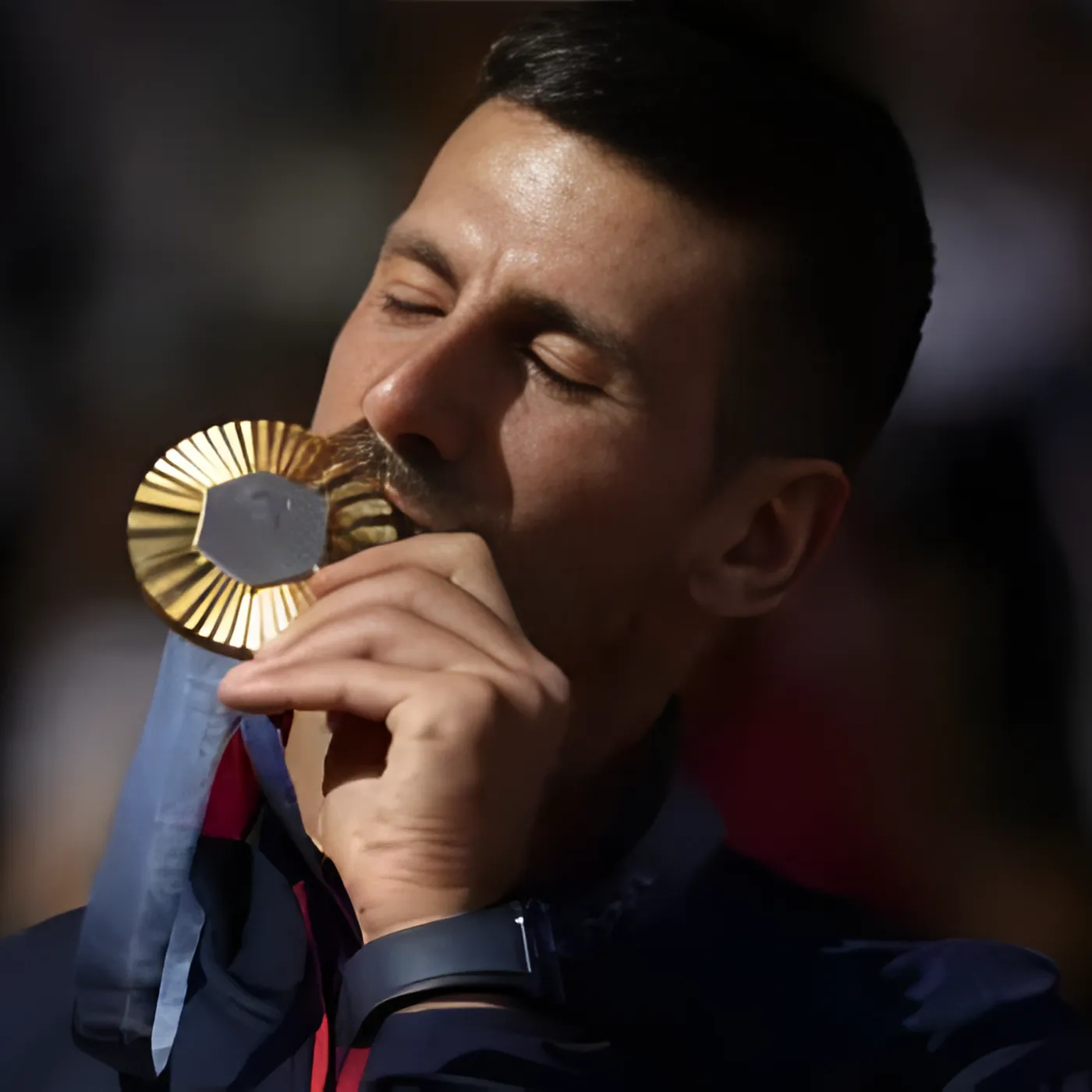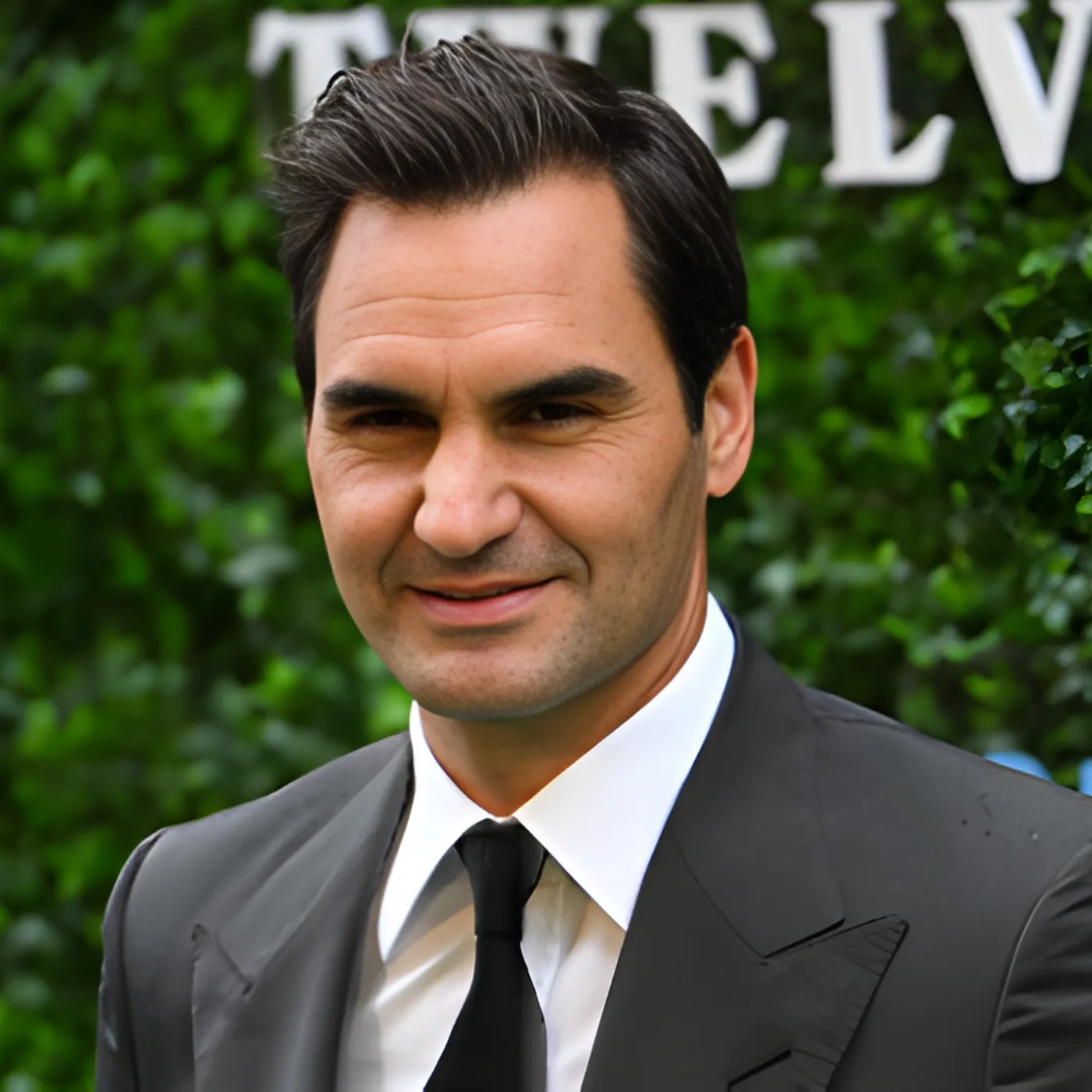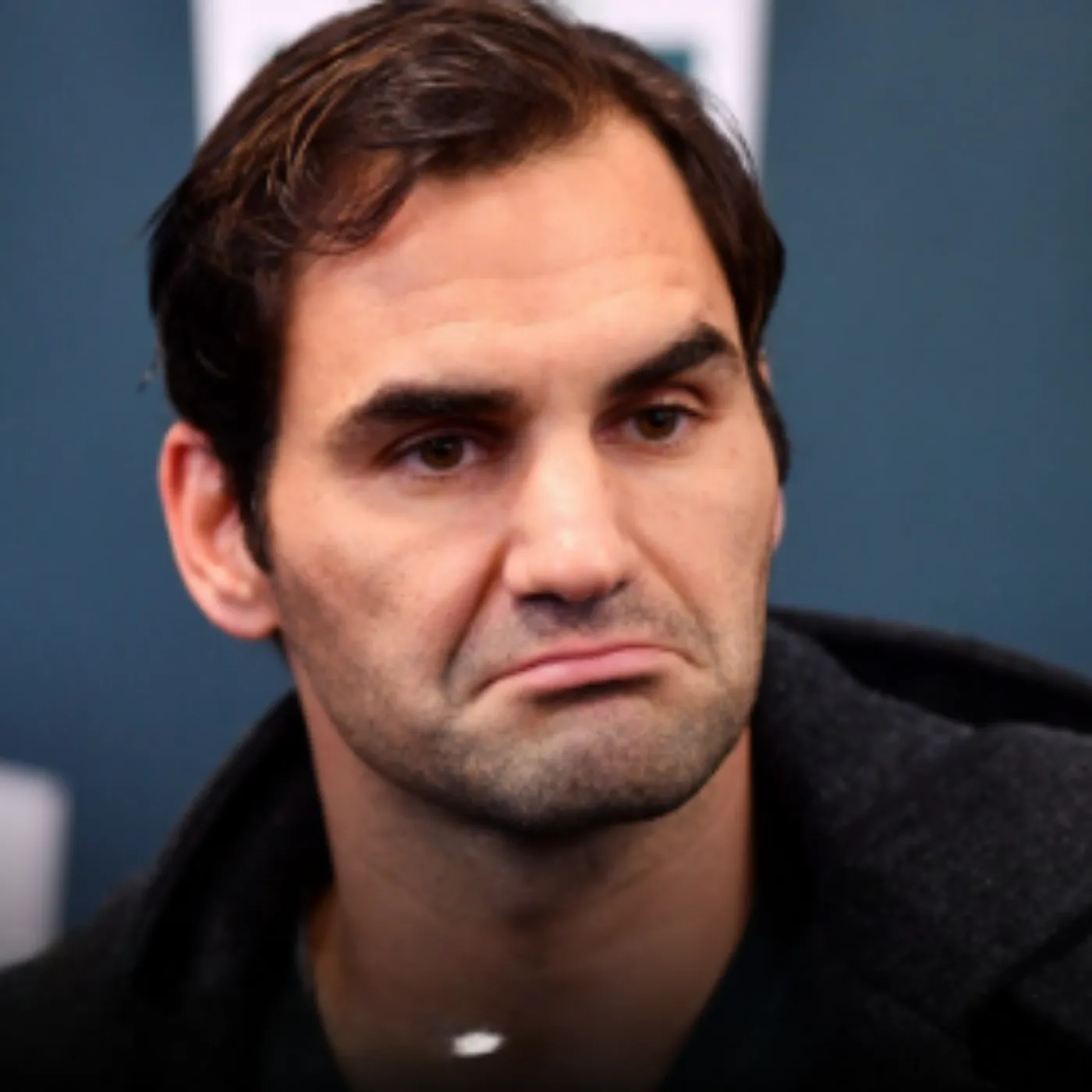
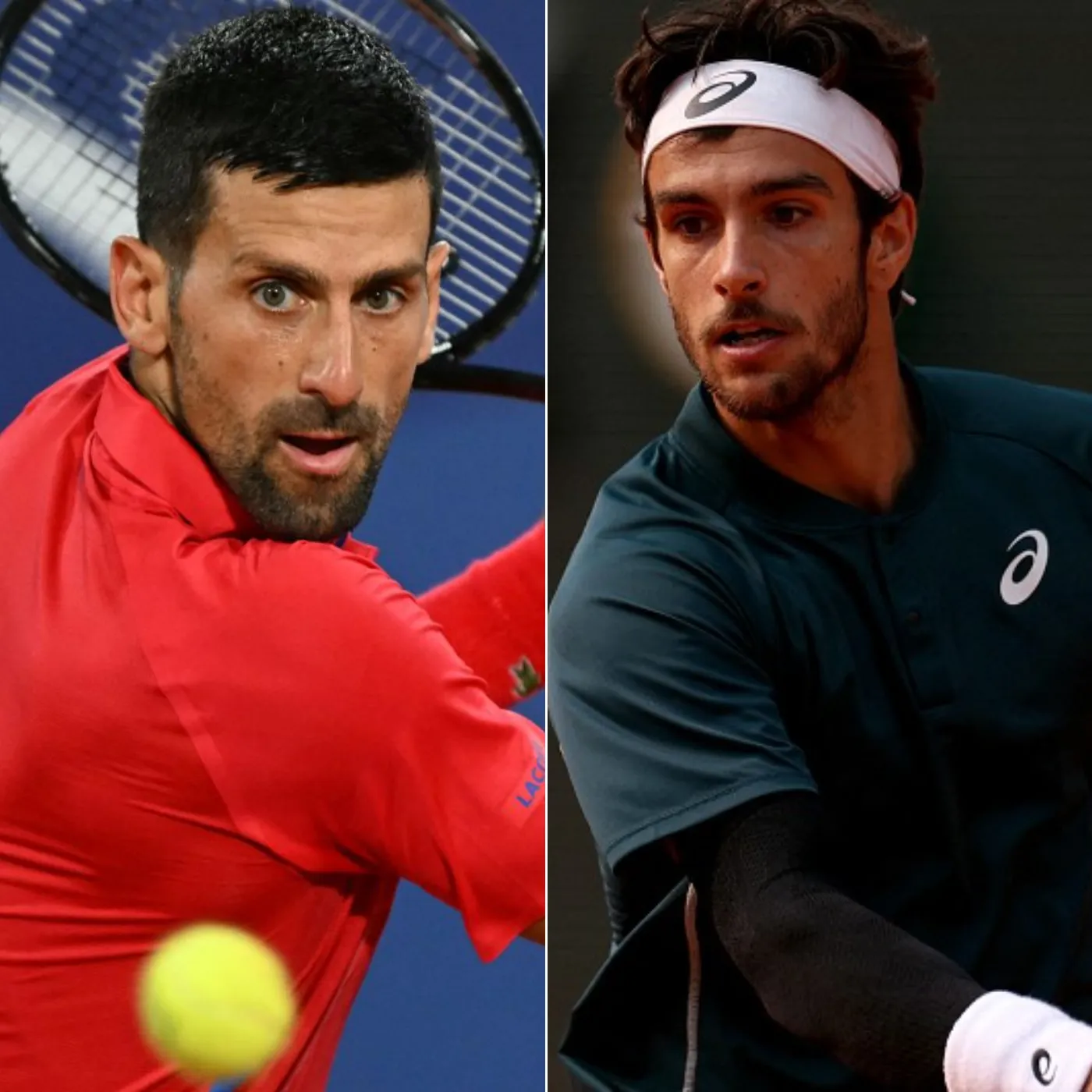
Tennis Fans Outraged: Identical Behavior, but Djokovic Penalized – While the World No.7 Walks Free?
A Controversial Incident Rekindles Debate in the Tennis World
The tennis world is once again at the center of controversy, and this time, it revolves around a situation that many fans are calling a “double standard”. At the heart of the matter is Lorenzo Musetti, the current World No. 7, whose actions at the French Open 2025 have drawn widespread criticism and comparisons to the infamous moment involving Novak Djokovic at the 2020 US Open.
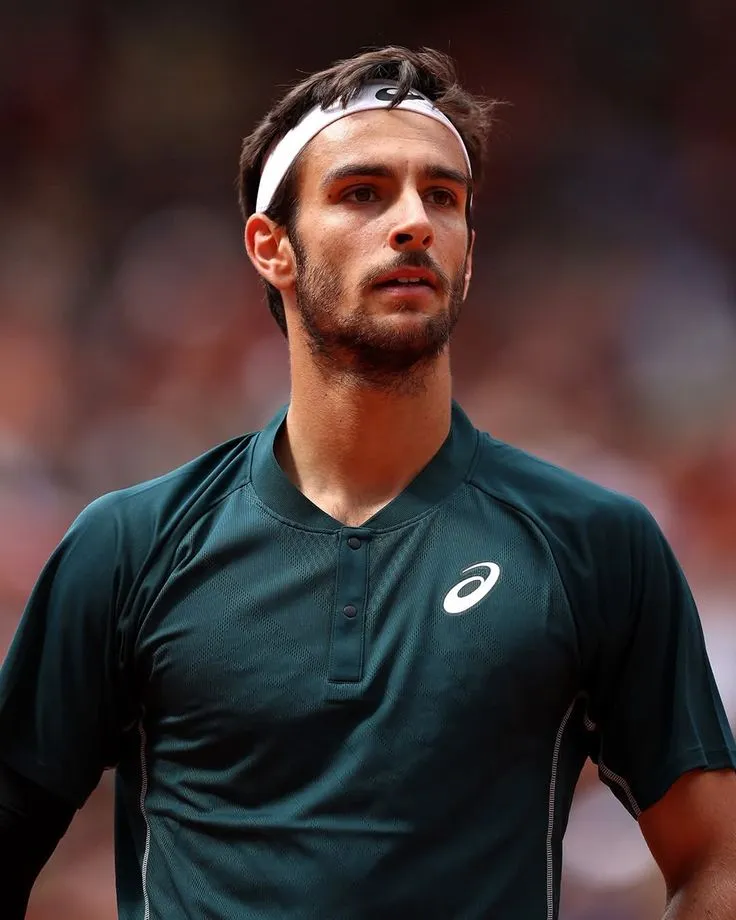
During a heated quarterfinal match against Frances Tiafoe, Musetti, visibly frustrated after losing a point, kicked a ball in anger. The ball struck a line judge, though reports confirmed that it did not cause injury. The reaction from the umpire and tournament officials? A warning for unsportsmanlike conduct – and nothing more.
The Djokovic Parallel: Memory Still Fresh
Fans of Novak Djokovic, and indeed most tennis aficionados, vividly recall what happened in 2020. In a similar emotional moment, Djokovic hit a ball out of frustration which accidentally hit a female line judge in the neck. Despite immediate apologies and visible regret, he was disqualified from the tournament – a Grand Slam event, no less.
The incident was a turning point not only for Djokovic but for how tennis deals with emotional outbursts on court. The rules, as clarified then, prioritize the safety of officials and players above intent. Whether accidental or not, striking an official with a ball was considered grounds for automatic disqualification.
So why wasn’t Lorenzo Musetti treated the same way?
The Official Explanation: Intent and Impact
According to the tournament referee, the ball kicked by Musetti did not cause injury and was not perceived as having been hit with malice. That argument hinges on two factors: intent and impact. While Djokovic’s strike in 2020 appeared accidental but forceful, Musetti’s ball was allegedly slower and hit the judge in the chest rather than the face or neck.
Still, fans argue that intent is nearly impossible to measure and should not be the deciding factor. After all, a player’s frustration does not excuse potentially dangerous behavior. The rules, in black and white, do not carve out exceptions based on intent – and this is where the storm begins.
Tennis Fans Erupt: “Where’s the Consistency?”
Within minutes of the incident, tennis Twitter, Reddit forums, and Facebook groups lit up with outrage. Clips of both the Musetti incident and Djokovic’s 2020 moment were placed side-by-side, fueling a narrative that the Italian was given preferential treatment. The hashtag #JusticeForDjokovic trended globally, not because fans wanted Musetti punished harshly, but because they demanded consistency in rule enforcement.
Some even questioned whether Djokovic’s high-profile stature, combined with ongoing friction between him and tennis establishments, played a role in the harshness of his punishment. On the other hand, Musetti, seen as a younger and more affable figure, may have benefited from a more forgiving perception.
Tennis Players React – Some Support, Some Silence
While many fans and analysts expressed their frustration, the professional tennis community remained mostly silent. A few voices stood out. Nick Kyrgios, known for his candid opinions, tweeted: “So… Djokovic gets kicked out of a Slam but this is OK? Tennis never fails to confuse me.” Others refrained from direct commentary but shared videos and polls asking followers for their opinion.
Frances Tiafoe, Musetti’s opponent in the controversial match, reportedly spoke privately to officials after the match, seeking clarification. While his public statements were measured, sources close to the player say he was disappointed by the decision to let Musetti continue without consequence.
Media Reactions: Division and Doubt
The incident was not just a social media phenomenon. Mainstream sports media outlets like ESPN, Eurosport, and the BBC covered the incident extensively. Several headlines posed the same question: “Same action, different outcome – why?”
Columnists revisited the 2020 rulebook, highlighting how clearly it states that a player “shall be defaulted if they injure any official regardless of intent.” Legal analysts added that in Djokovic’s case, the ruling was correct by the book – but so too should it have been for Musetti.
This inconsistency has led to calls for rule reform, or at the very least, clearer guidelines that remove room for subjective interpretation.
Is Bias Creeping Into Tennis Judgments?
This is not the first time fans and pundits have questioned bias in tennis officiating. Whether based on nationality, race, temperament, or media image, there’s a growing belief that tennis justice isn’t blind. Djokovic’s reputation for defiance and outspokenness may have painted a target on his back in 2020, whereas Musetti, often praised for his style and grace, received the benefit of the doubt.
Some commentators point to Federer, Nadal, and other tennis icons rarely being penalized for outbursts that would warrant warnings or fines for lesser-known players. Is tennis – a sport long steeped in tradition – now facing a reckoning over how it treats its stars differently?
The Bigger Picture: What Does This Mean for the Sport?
Incidents like these have far-reaching consequences. First, they impact player behavior. If players perceive that punishments are inconsistent, they might push boundaries more often. Second, they impact fan trust. Tennis fans pride themselves on the sport’s integrity, but perceived double standards could lead to erosion of confidence in the system.
Third, and most dangerously, these moments set precedents. If Musetti’s case stands without penalty, future incidents may cite it as justification. And if another player – perhaps one less media-friendly – is punished for the same act, the backlash could be even more severe.
Where Does the ATP Stand?
So far, the Association of Tennis Professionals (ATP) has not issued a public statement. When pressed for comment, an ATP spokesperson reiterated that tournament-level officiating decisions rest with the referee and chair umpire. This deflection only added fuel to the fire.
Many fans and journalists are now calling for an independent review board to examine such cases and ensure consistency. Without it, there’s growing fear that tennis may lose its moral compass, especially in the eyes of newer generations of fans.
Novak Djokovic Responds – With Grace and Irony
In an unexpected but poignant move, Novak Djokovic responded to the Musetti situation with a cryptic post on social media: a simple emoji of eyes, followed by a tennis ball. The message was clear without saying a word. While he did not publicly criticize Musetti, the allusion to his own past was impossible to miss.
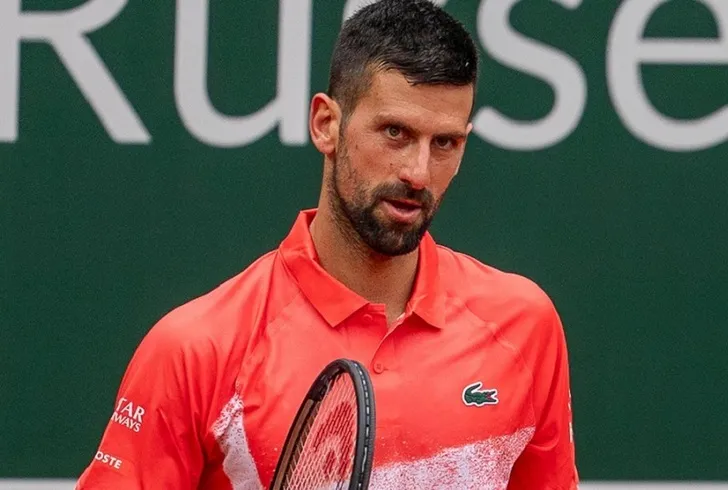
His fans praised his maturity and restraint, contrasting it with the emotional toll the 2020 disqualification had on him. Many expressed heartbreak that one of the sport’s greatest champions continues to be treated unfairly in their eyes.
Moving Forward: What Needs to Change?
This controversy should be a wake-up call for tennis authorities. The sport needs to take decisive action to clarify its rules, provide training for umpires, and perhaps most importantly, ensure that enforcement is not subject to personal bias or external pressures.
An overhaul may also be needed in how incident reviews are handled. Other sports like football (with VAR) or basketball (with instant replay) have built-in mechanisms to ensure real-time fairness. Tennis, still relying heavily on subjective calls, may be lagging behind.
Until such reforms take place, moments like the Musetti controversy will continue to cast shadows over the sport’s legacy.
Conclusion: A Sport at a Crossroads
The question isn’t just whether Lorenzo Musetti should have been disqualified. The real question is: can tennis afford to keep making exceptions? With every inconsistent ruling, the credibility of the sport is at stake.
Fans don’t want punishments out of spite – they want fairness. They want to know that whether it’s Novak Djokovic, Lorenzo Musetti, or any rising star, the rules will apply equally. If tennis cannot provide that assurance, then the court of public opinion may become more powerful than the umpire’s chair.








